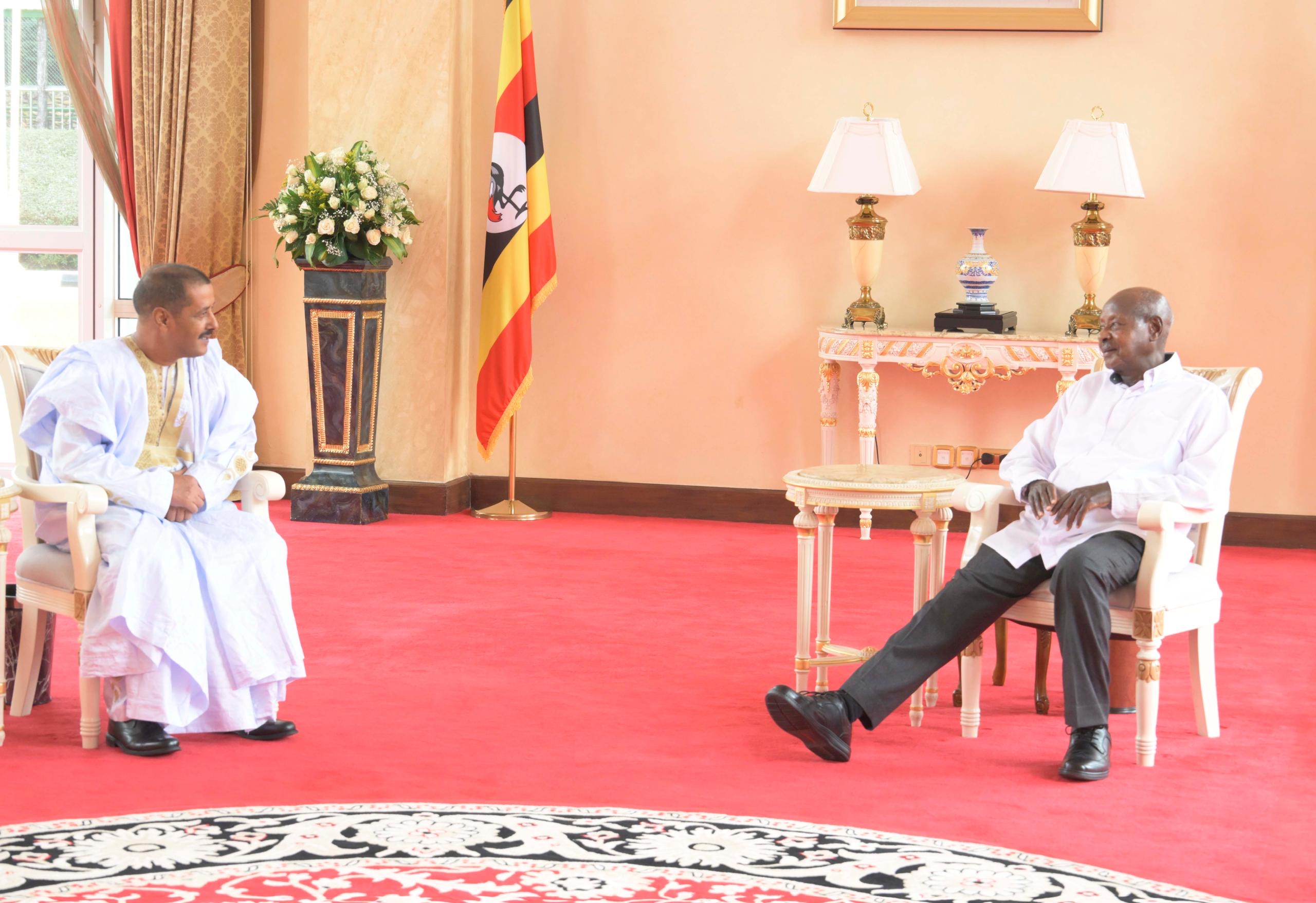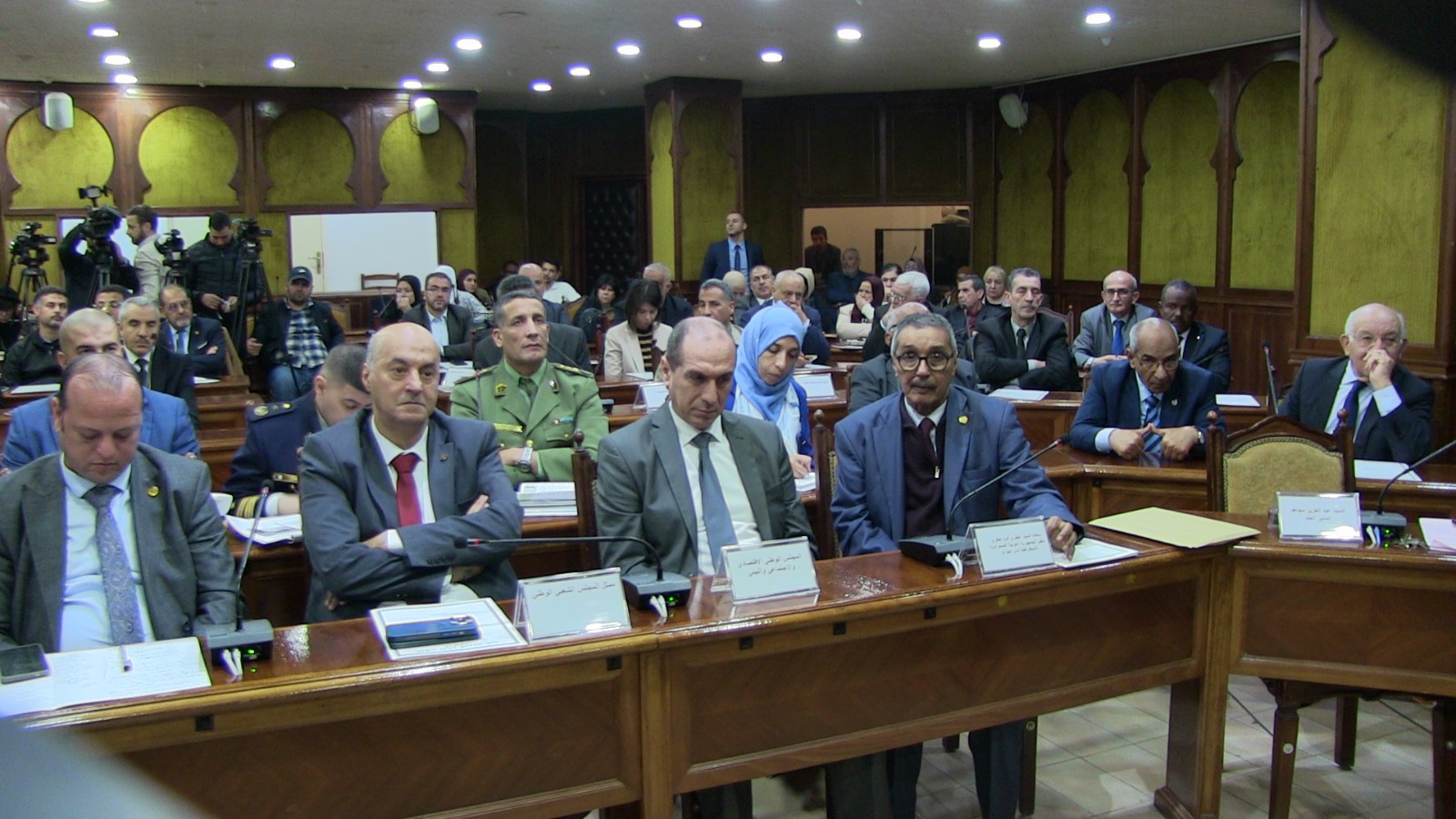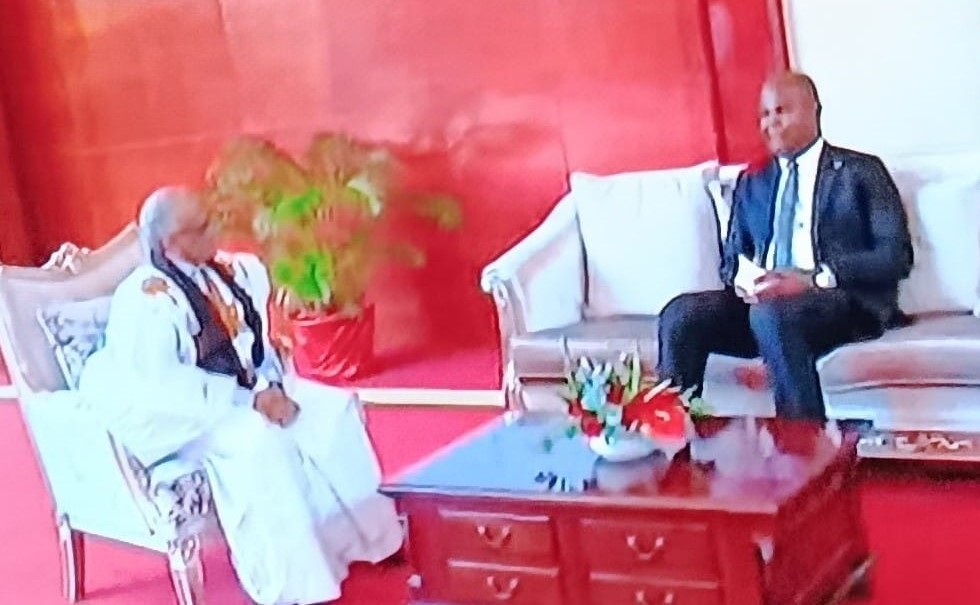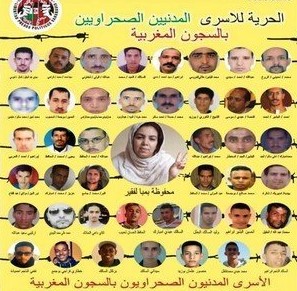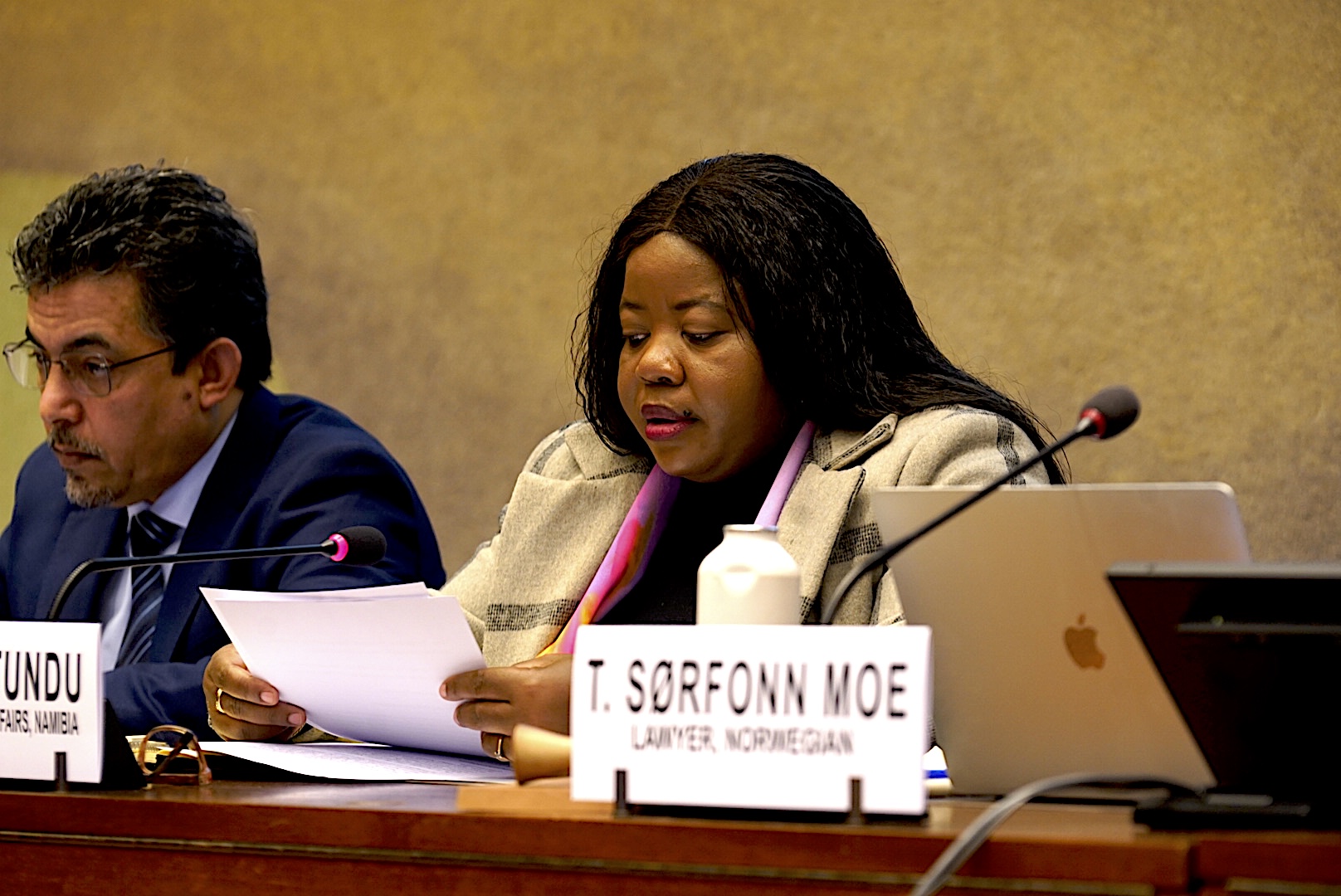
Geneva (Switzerland), December 11, 2024 (SPS) - During her speech at the conference organized by the Geneva Support Group for Western Sahara, Namibia's Deputy Minister of International Relations and Cooperation, Jennely Matundu, made a strong call for the international community to fully respect the inalienable rights of the people of Western Sahara to self-determination and independence. The event commemorated the historic UN General Assembly Resolution 1514 (XV), adopted on December 14, 1960.
The deputy minister emphasized the importance of the conference within the context of international efforts to ensure the full self-determination of the Sahrawi people. "It is an honor to join you on this significant occasion as we commemorate the adoption of Resolution 1514, a historic milestone that marked the beginning of self-determination and independence as fundamental rights recognized by the United Nations," Matundu stated.
Matundu reminded attendees that the right to self-determination is enshrined in the UN Charter, which establishes in its Article 1, Chapter 1, that one of the fundamental purposes of the Organization is to "develop friendly relations among nations based on respect for the principle of equal rights and self-determination of peoples." In this context, she emphasized that Resolution 1514 (XV) was crucial in shaping decolonization processes, recognizing that all peoples have the right to determine their own political status and to freely develop their economy, society, and culture.
"Resolution 1514 not only recognized the right of all peoples to self-determination but also irrevocably linked that right with the decolonization process. It taught us that the oppression, subjugation, and exploitation of peoples by colonial powers constitute a violation of human rights and are incompatible with the values promoted by the UN," Matundu recalled.
The deputy minister noted that while most African countries have achieved independence since the adoption of Resolution 1514, Western Sahara remains the last African territory under colonial occupation. "While in my country, Namibia, we achieved our independence after years of struggle, Western Sahara continues to be the only territory in Africa still suffering under the yoke of colonial occupation. The decolonization of Africa will not be complete until the people of Western Sahara can fully exercise their right to self-determination and independence," she stated.
Matundu mentioned that the Sahrawi people's right to decide their political future has been reiterated in various UN resolutions, such as Resolution 2229 of 1966, which supported the self-determination of colonized peoples, and Resolution 690 of 1991 from the Security Council, which established the United Nations Mission for the Referendum in Western Sahara (MINURSO) with the mandate to organize a referendum for the Sahrawis to decide their political status. However, despite international efforts and adopted resolutions, the situation remains unresolved.
"The inalienable right of the people of Western Sahara to self-determination and independence has been reaffirmed time and again through numerous UN resolutions, such as Resolution 2229 of 1966 from the UN Security Council; Resolution 690 of 1991 from the UN Security Council, establishing a UN Mission for the Referendum in Western Sahara; Resolution 1495 of 2003 from the UN Security Council, expressing concern that the lack of progress continues to cause suffering for the people of Western Sahara and remains a source of potential instability, hindering economic development; and Resolution 1541 of 2004 from the UN Security Council, reaffirming support for the Peace Plan for the Self-Determination of the People of Western Sahara as the optimal political solution to the issue of Western Sahara. Unfortunately, despite all these UN resolutions, the people of Western Sahara are still denied their right to exist as a state, the right to freely determine their political status, and the right to sovereignty over their wealth and natural resources."
The deputy minister also expressed concern over the ongoing human rights violations suffered by the Sahrawis in the occupied territories, urging the international community to demand full respect for fundamental rights in the region. "I take this opportunity to call on the international community to demand total and unconditional respect for human rights in the occupied territories of Western Sahara. We also urge the UN Security Council to include a human rights monitoring mechanism in MINURSO's mandate, aimed at ending impunity for human rights violations and abuses committed by Morocco," Matundu stated.
Finally, Matundu thanked everyone present for their commitment to the cause of Western Sahara and reiterated Namibia's firm commitment to the struggle for the self-determination of colonized peoples, especially the Sahrawi people. "Today, more than ever, we must remain united in our fight for a free and sovereign Western Sahara, in line with the founding principles of the UN. Self-determination is not just a right but a necessity for peace and progress for humanity," she concluded.

